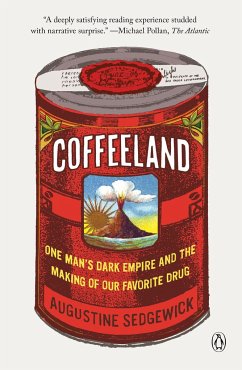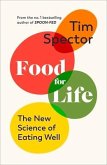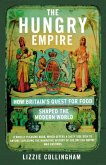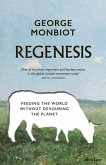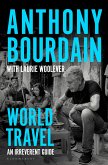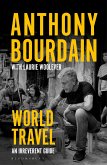A New York Times Book Review Editors Choice
Extremely wide-ranging and well researched . . . In a tradition of protest literature rooted more in William Blake than in Marx. Adam Gopnik, The New Yorker
The epic story of how coffee connected and divided the modern world
Coffee is an indispensable part of daily life for billions of people around the world. But few coffee drinkers know this story. It centers on the volcanic highlands of El Salvador, where James Hill, born in the slums of Manchester, England, founded one of the world s great coffee dynasties at the turn of the twentieth century. Adapting the innovations of the Industrial Revolution to plantation agriculture, Hill helped turn El Salvador into perhaps the most intensive monoculture in modern history a place of extraordinary productivity, inequality, and violence. In the process, both El Salvador and the United States earned the nickname Coffeeland, but for starkly different reasons, and with consequences that reach into the present.
Provoking a reconsideration of what it means to be connected to faraway people and places, Coffeeland tells the hidden and surprising story of one of the most valuable commodities in the history of global capitalism.
Hinweis: Dieser Artikel kann nur an eine deutsche Lieferadresse ausgeliefert werden.
Extremely wide-ranging and well researched . . . In a tradition of protest literature rooted more in William Blake than in Marx. Adam Gopnik, The New Yorker
The epic story of how coffee connected and divided the modern world
Coffee is an indispensable part of daily life for billions of people around the world. But few coffee drinkers know this story. It centers on the volcanic highlands of El Salvador, where James Hill, born in the slums of Manchester, England, founded one of the world s great coffee dynasties at the turn of the twentieth century. Adapting the innovations of the Industrial Revolution to plantation agriculture, Hill helped turn El Salvador into perhaps the most intensive monoculture in modern history a place of extraordinary productivity, inequality, and violence. In the process, both El Salvador and the United States earned the nickname Coffeeland, but for starkly different reasons, and with consequences that reach into the present.
Provoking a reconsideration of what it means to be connected to faraway people and places, Coffeeland tells the hidden and surprising story of one of the most valuable commodities in the history of global capitalism.
Hinweis: Dieser Artikel kann nur an eine deutsche Lieferadresse ausgeliefert werden.
Wonderful, energising ... Coffeeland is a data-rich piece of original research that shows in compelling detail how coffee capitalism has delivered both profit and pain, comfort and terror to different people at different times over the past 200 years ... Sedgwick's great achievement is to clothe macroeconomics in warm, breathing flesh. Kathryn Hughes The Guardian

